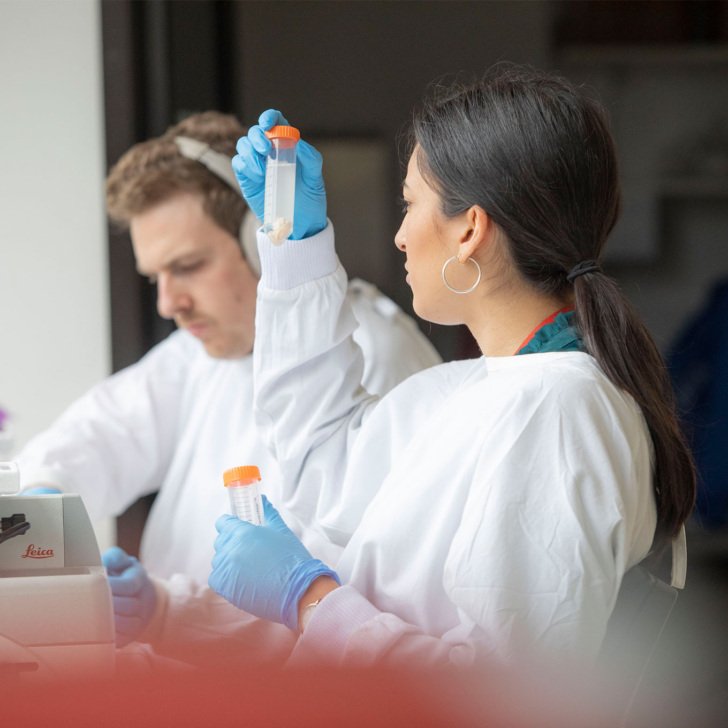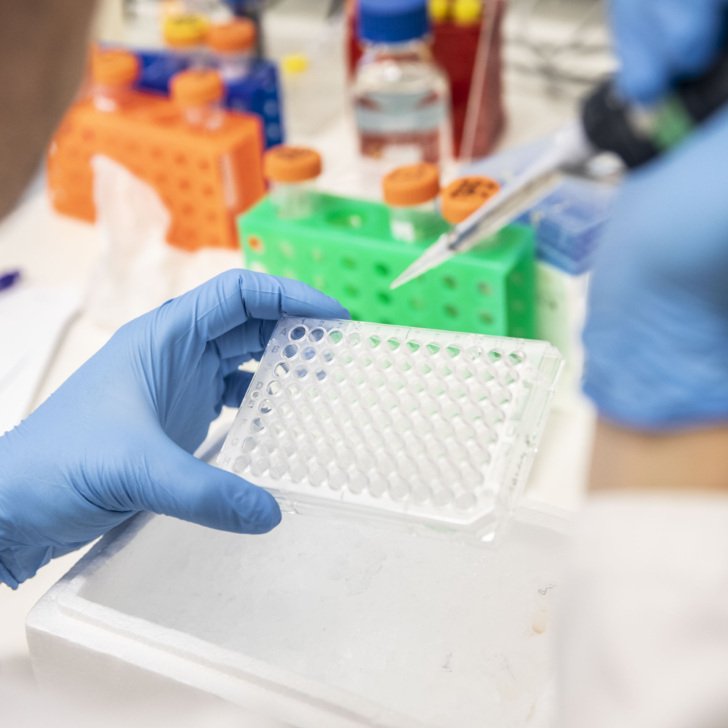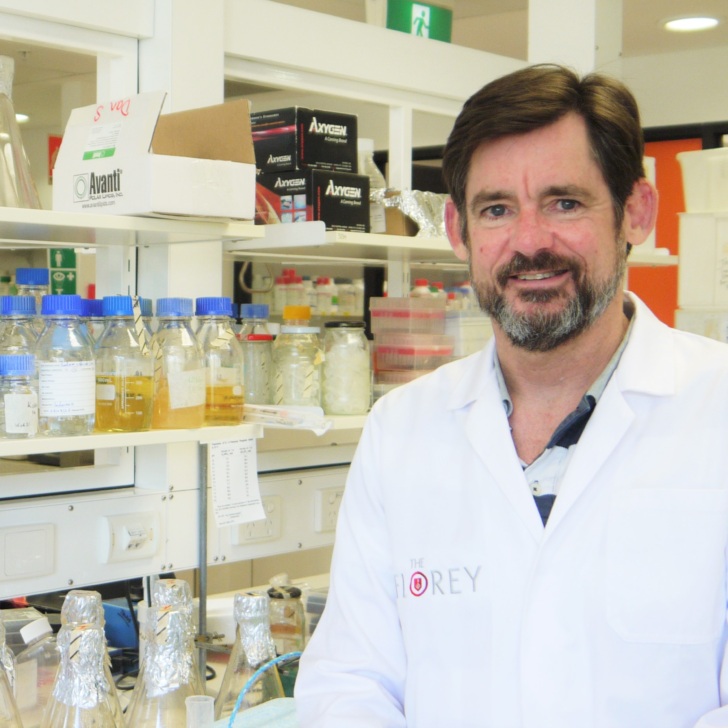
Schizophrenia
Schizophrenia is an illness that affects the brain, affecting the way a person thinks, feels and acts. It affects men and women equally, with the onset of symptoms usually appearing in males between 18 and 25 years and in females between 25 years and the mid-30s (with a second peak at the onset of menopause). However, some subtle symptoms may begin many years earlier.
While it’s known that it is triggered by environmental factors, what these triggers are and why they affect certain individuals is still unknown. Some people who develop schizophrenia will recover completely, while others will find treatment helps alleviate the debilitating symptoms. Roughly 30% of people with schizophrenia remain treatment resistant, highlighting the need for new therapies and further research.
How The Florey is making a difference
The Florey is committed to increased understanding of schizophrenia and has a number of research projects underway. These include:
- Understanding molecular changes in the brains of people with schizophrenia as a step toward identifying potential new drug treatments.
- Defining the role of muscarinic receptors as a cause and target for treatment of schizophrenia. The muscarinic receptors are molecules critical to allowing proper information flow around the brain and we know that if they are affected, they can cause psychoses and cognitive deficits. We are in the process of developing a ‘ligand’- a molecule that bonds to specific receptors- for PET (positron emission tomography) neuroimaging that will allow us to measure levels of muscarinic receptors in living people.
- Defining the mechanisms by which antipsychotic drugs reduce the symptoms of schizophrenia. Despite these drugs being available from the 1950s we still do not know how they bring about their therapeutic benefits.
- Studying the mechanism by which aspirin improves the treatment outcomes when added to antipsychotic drugs.
- Studying why oestrogen seems to lessen symptom severity and delay age of onset of schizophrenia.
- Developing diagnostic tests for schizophrenia.
Research projects
- A two-hit hypothesis of neurodevelopmental disorders: exploring BDNF val66met polymorphism and environmental prenatal exposures
- Experience-dependent plasticity modulating cognitive deficits in schizophrenia
- Gene-environment interactions in the regulation of cellular plasticity, cognitive function and behaviour
- Identifying the therapeutic potential of estrogens in schizophrenia
- Modulating metals homeostasis to treat neurodegenerative and psychiatric disorders
More information
While The Florey researches schizophrenia, we do not offer crisis support. If you require immediate support please contact Lifeline on 13 11 14. For more information or support contact beyondblue on 1300 224 636. If your life is in immediate danger call 000.
Latest news
Latest Florey news on Schizophrenia











